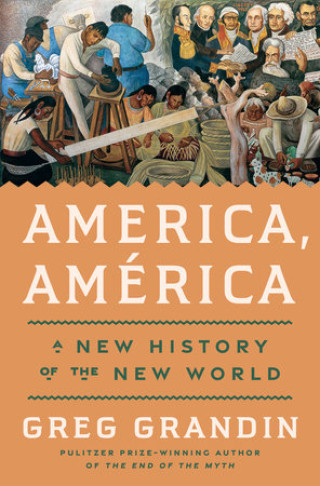Consider the Spanish conquest of the Americas alongside Israel’s assault on Gaza. In many ways, the two events, separated by half a millennium, are incomparable. The first was continental in scale, a fight for a New World that was then home to, by some estimates, 100,000,000 people. The second unfolds on a patch of land the size of Las Vegas with a population of just over two million. The conquest would claim tens of millions of lives, while so far, Israel is estimated to have killed more than 50,000 Palestinians and injured tens of thousands more.
Yet there are uncanny parallels between the two conflicts, including the fact that each began in the wake of a communications revolution: the printing press then, social media now.
Spain was the first empire in modern history to actively publicize its colonial atrocities, as printers in Madrid, Seville, and other cities stamped out sheet after sheet of conquest gore: accounts of mass hangings, of babies drowned or roasted over fire pits to be fed to dogs, and of torched towns. One Spanish governor described a postapocalyptic landscape filled with the walking near-dead, victims of mutilations meted out to Native Americans, this way: a “multitude of lame and maimed Indians, without hands, or with only one hand, blind, their noses cut off, earless.” Today, the internet circulates countless photographs and videos with no less horrific images of atrocities committed by Israeli soldiers on Palestinians, of armless boys and “decomposing babies.” Some photographs of children starved by the IDF, according to a New York Times editor, were simply too “graphic” to publish.
In sixteenth-century Spain, common soldiers wrote, or paid others to write, their stories of mayhem, hoping to make a heroic name for themselves. Today, we see updated digital versions of a similar kind of conquering pride, as members of the Israeli Defense Forces (IDF), on platforms like TikTok, upload videos of Gazans “stripped, bound, and blindfolded” and others showing bulldozers and tanks razing homes. Soldiers mock the destruction of schools and hospitals or, as they rummage through abandoned homes, are seen playing with or wearing the bras and underwear of their former residents.
